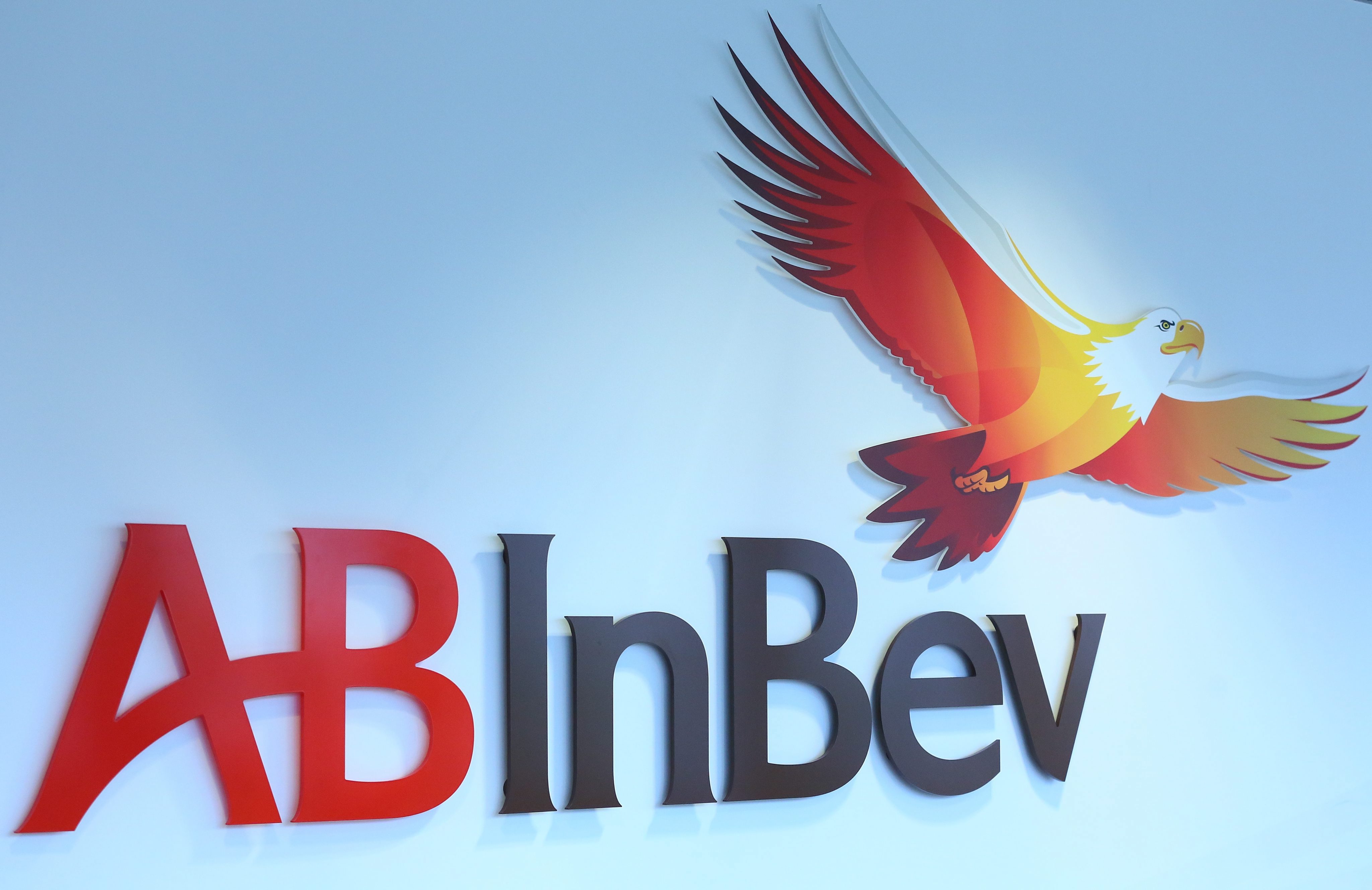After another quarter of slightly falling sales of its key beers -- Budweiser and Bud Light -- Anheuser-Busch InBev continues to point toward its pending $100 billion-plus merger with SABMiller as key to its growth strategy.
The Belgium-based megabrewer, which owns more than 200 brands globally including Corona and Stella Artois, said Wednesday its normalized profit attributable to equity holders fell to $844 million from a year ago when it reported $2.29 billion.
"The first quarter of 2016 saw a strong volume performance in Mexico, as well as improving volume trends in the US and Europe. However, our business in Brazil experienced one of its most challenging quarters in many years, as anticipated," the company said in a statement.
Basic normalized earnings per share fell to $0.51 vs. 91 cents estimated by the analysts who were polled by S&P Global Market Intelligence. Last year, AB InBev first-quarter earnings were $1.40 per share.
The world's largest brewer has been challenged by declining U.S. sales and weakening market share. AB InBev's acquisition of No. 2 global beer company SABMiller, an agreement for which was reached in November, is expected to boost the company's global revenue by 30%.
AB InBev has made many proposals globally to appease regulators, including the sale of SABMiller's 58% stake in MillerCoors to Molson Coors, which had originally entered into the joint venture with SABMiller. AB InBev has also offered to sell current SABMiller brands such as Peroni, Grolsch and Meantime, all of which are popular in Europe, to Asahi. AB InBev would retain the rights to sell Peroni and Grolsch in the U.S.
AB InBev has also agreed to sell SABMiller's Chinese Snow Breweries to state-supported China Resources Beer Co. In South Africa, where SABMiller owns about 90% of the beer market, AB InBev has pledged not to reduce jobs for five years and to create a industry development fund. The South African Competition Commission is expected to finish its look at the deal May 5.
Another turnaround tactic is Anheuser-Busch's redesign of Bud Light's packaging and, the brand's planned sponsorship of pros in the growing eSports competitive video game scene, a move likely to catch the eyes of millennials.
AB InBev has also recently bought many craft breweries, a move to diversify its portfolio and offer higher-priced beverages. While overall beer sales in the U.S. have remained flat, sales of craft beer have grown to account for about 19% of the $100 billion U.S. beer market — up from 10% in 2012, according to the Brewers Association.
While AB InBev saw 2015 revenues decline 7%, sales of the Goose Island craft beer brand, which the company acquired in 2011, grew 150%. Since then, AB InBev has now purchased eight U.S. craft breweries including Blue Point Brewing, Elysian Brewing, Breckenridge (Colo.) Brewery and, most recently, Virginia's Devils Backbone.
The mega brewer has taken that strategy global, too, having acquired craft breweries in the U.K., Mexico, Canada, Colombia, Brazil and, two weeks, Rome's Birra del Borgo.
The brewer's U.S. market share fell 0.65% in the U.S. during 2015. "This is obviously not where we want to be," said CEO Carlos Brito said during a conference call in February discussing the company's Q4 and full-year earnings. "Growing the industry and stabilizing our market share remain our top priorities in the U.S."
AB InBev, which commands about 50% of the beer market in the U.S., Argentina and Brazil, has more than 200 brands internationally including Budweiser, Corona, Beck's, Stella Artois and Michelob.


![ABINBEVlogo [image : 77663726]](http://www.gannett-cdn.com/-mm-/081d2ee7836f6f91f3fc635f691ffc81958b8fec/c=217-0-3326-2657/local/-/media/2015/12/20/USATODAY/USATODAY/635862101077778554-EPA-FILE-BELGIUM-AB-INBEV-SABMILLER-TAKEOVER-76704166.JPG)
